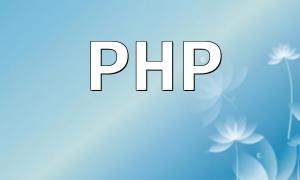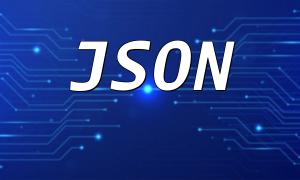PHP is a widely used server-side scripting language well-suited for web development. This article provides a detailed exploration of PHP server systems, covering how they operate and their advantages in dynamic web application development.
A PHP server processes dynamic content and supports web applications. It runs on multiple operating systems like Windows and Linux, and is compatible with popular web servers such as Apache and Nginx. By executing PHP scripts server-side, it generates content sent to the client’s browser.
When a browser requests a PHP file, the server begins by parsing the PHP code. This includes lexical analysis, syntax parsing, and semantic processing, preparing the script for execution.
Once parsed, the server executes the PHP script sequentially according to its logic. Here’s a basic example of PHP code execution:
$name = "John";
echo "Hello, " . $name . "!";
// Output: Hello, John!
In this example, the variable $name is assigned the value "John", and the echo statement prints a greeting message to the client.
PHP scripts can generate various output formats like HTML, JSON, or XML. The server packages this output into a response and sends it to the client’s browser for rendering. This mechanism allows for real-time, dynamic content delivery.
PHP servers offer numerous benefits that make them a popular choice among developers. Here are the core advantages:
PHP has a clean, straightforward syntax and extensive documentation, making it accessible to beginners while still being powerful for advanced users.
PHP servers can run on different operating systems, offering flexibility in development environments and deployment scenarios.
With broad support for extensions and third-party libraries, PHP easily integrates with databases, caching systems, and other technologies—helping developers build scalable, feature-rich web apps efficiently.
PHP servers play a critical role in web development by interpreting and executing scripts that dynamically generate web content. Understanding how they work empowers developers to build secure and efficient applications.
Whether you're a newcomer or an experienced engineer, mastering the internals of PHP servers and leveraging their strengths can significantly enhance your web development capabilities.









